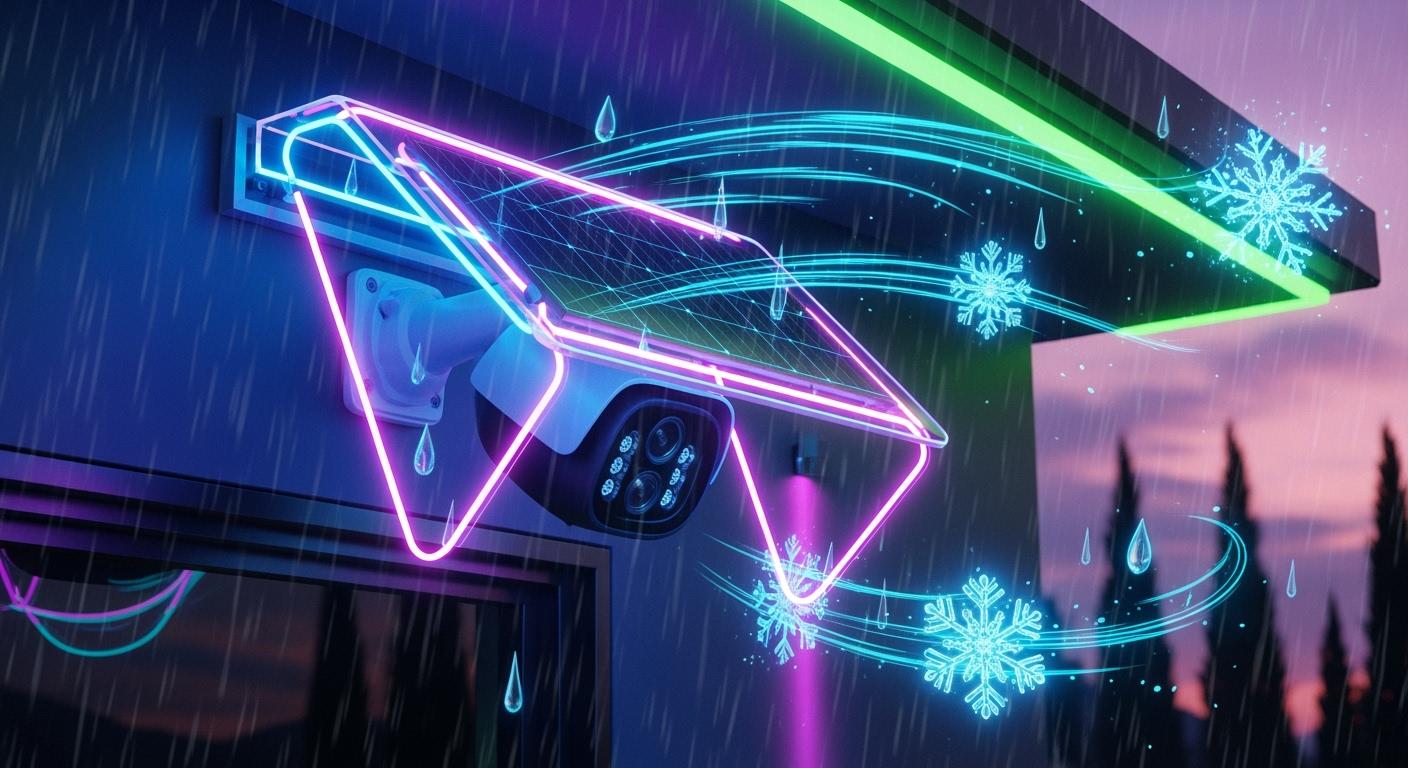
You can keep your solar security camera safe from bad weather. You only need the right tools and a good plan. Most issues come from water, dust, or very hot or cold weather. Here are some easy ways to protect your camera:
- Choose a camera that is waterproof and dustproof.
- Put your camera in a spot that is covered from rain or snow.
- Use mounting hardware that can handle bad weather.
- Cover cables and connections with waterproof covers.
- Check the battery and make sure it works in any weather.
These steps help your camera work well all year.
Key Takeaways
- Pick a solar security camera that is weather-resistant. Make sure it has an IP65 rating or higher. This helps keep out dust and water.
- Put your camera in a spot that is covered. This keeps it safe from rain, snow, and sunlight. Your camera will work well all year.
- Clean the solar panel and camera lens often. This helps you get clear video and good charging.
- Check the cables and connections every month for damage. Use covers that are weatherproof to keep them safe from bad weather.
- Make reminders each month for these tasks. This helps your camera work right and lets you find problems early.
Choose Weather-Resistant Solar Security Camera

If you want your camera to last in storms, heat, or cold, you should pick the right one first. Some cameras are only for inside. Others can handle being outside. Let’s see what makes a camera strong for any weather.
Check IP Ratings and Materials
Always look at the IP rating before you buy a camera. This rating shows how well it keeps out dust and water. Bigger numbers mean better protection. Most weatherproof cameras have an IP65 or higher rating. These cameras can handle rain, dust, and water jets. Here is a simple chart:
| IP Rating | Water Protection | Best Use |
|---|---|---|
| IP65 | Low-pressure water jets | Covered outdoor spots |
| IP66 | Strong water jets | Open, rainy locations |
| IP67 | Short-term immersion | Flood-prone areas |
You should also check if the camera is made with strong materials. Good solar panels and sealed cases help cameras last longer. Weatherproof cameras often use galvanized materials to stop rust and damage.
Tip: The Botslab Advanced AI Tech 4K Battery 4-Cam System W510 is a good weather-resistant solar camera. It uses strong materials and has a sealed case for outdoor use.
Select Outdoor Solar Powered Security Camera
Outdoor cameras are made for tough weather. They work in hot summers and cold winters. Most weatherproof cameras can handle -4°F to 140°F. Indoor cameras cannot do this. They need mild temperatures.
Here are reasons to pick outdoor models:
- They have better weatherproofing.
- They work in rain, snow, and dust.
- They protect your home all year.
Solar-powered security cameras are great for outside. They use sunlight to charge, so you do not worry about losing power. If you pick a weather-resistant solar camera, you can feel safe in any season.
Smart Solar Camera Installation
Setting up your off-grid surveillance camera the right way makes a big difference. You want your camera to last through storms, heat, and cold. Here are some simple steps to help you get the best results.
Find Protected Location
Start by picking a spot that keeps your camera safe from harsh weather. Look for places under eaves, awnings, or tree branches. These spots help shield your off-grid surveillance camera from direct rain, snow, and sunlight. When you use outdoor cameras, you want them to work well all year, so a little extra protection goes a long way.
- Place your camera where it gets sunlight but not too much heat.
- Avoid spots where water can drip or pool.
- Use natural covers like roofs or walls for extra safety.
Long-term exposure to extreme temperatures, moisture, or direct sunlight can impact the sturdiness of surveillance cameras.
Use Weatherproof Mounting
You need strong support for your off-grid surveillance camera. Use weatherproof mounting hardware to keep your camera steady in wind and rain. This hardware resists rust and damage, so your outdoor cameras stay in place.
- Check mounts for rust or cracks every few months.
- Tighten screws and bolts if they get loose.
- Seal any holes or gaps to keep water out.
Shield from Direct Elements
Give your camera an extra layer of defense. Use covers or shields to block wind, rain, and snow. This helps your outdoor cameras last longer and keeps the lens clear for better video.
- Add a small roof or shield above the camera.
- Use protective housing to help control temperature.
- Clean the camera and solar panel often for the best view and charging.
When you follow these steps, your off-grid surveillance camera will stay strong and reliable, no matter what the weather brings.
Regular Solar Camera Maintenance
Taking care of your solar security camera is easy and helps it last longer. You just need to follow a few simple steps. Regular solar camera maintenance keeps your camera working well, even when the weather gets rough.
Clean Solar Panels
If you want your camera to charge quickly and work all day, you need to clean the solar panel often. Dust, leaves, and bird droppings can block sunlight and slow down charging. You should clean the solar panel more often if you live in a dusty area or near trees.
- Use a brush attachment to sweep away dust and debris.
- Try a telescopic lance for hard-to-reach spots.
- Roller brushes help remove dirt evenly.
- Special solar panel cleaners work best for sticky messes. A neutral pH glass cleaner is safe for the surface.
Tip: Cleaning the solar panel helps prevent corrosion and keeps your camera powered up.
Wipe Camera Lens
A dirty lens can make your video blurry. You want clear footage, so wipe the lens every month. Use a soft cloth or a lens cleaner made for cameras. Never use harsh chemicals because they can cause corrosion on the lens.
- Check for smudges or water spots.
- Wipe gently to avoid scratches.
- Clean after rain or storms for the best results.
Inspect Housing and Hardware
Look at the camera housing and mounting hardware often. You want to catch problems before they get worse. Signs of water damage include leaks inside the housing after rain, battery door alerts, or water pooling inside the device. These issues can lead to corrosion and stop your camera from working.
- Check for cracks or rust on the mounts.
- Look for insect nests or debris around the camera.
- Make sure all seals are tight to block moisture.
- Remove and dry the device if you see water inside.
Note: Corrosion can damage cables and connectors, so seal exposed connections with weatherproof tape or silicone.
Regular solar camera maintenance helps you avoid corrosion and keeps your camera working all year. If you clean the solar panel and lens, and inspect the housing, your camera will stay strong in any weather.
Protect Cables and Connections
Even if you have a great solar security camera, you still need to protect the cables and connections. If you forget, your camera system might stop working. Rain, snow, and bugs can get in and cause problems. Here are some ways to keep your camera safe.
Use Weatherproof Covers
Cover all cables and connections with weatherproof covers. These covers block water, dust, and animals. You can buy sleeves or boxes made for outdoor wires. Using these helps your camera last longer and keeps it from breaking.
- Pick covers that fit tightly on the cables.
- Make sure the covers are for outdoor use.
- Check that no wires are sticking out.
Tip: Weatherproof covers also keep bugs from making nests in your camera’s wires.
Check for Damage
Look at your cables and connections every month. Watch for cracks, broken wires, or loose plugs. If you see damage, fix it right away. Broken cables can make your camera stop working or cause safety problems.
Here is a table that shows what can happen if you do not protect your cables and connections:
| Consequence | Description |
|---|---|
| Operational Failures | Cameras might not work if connections are damaged. |
| Environmental Damage | No protection can let weather or other things hurt your cables. |
| Safety Hazards | Old wires can be dangerous and harm the area around them. |
If you notice any of these issues, act quickly. Change old wires and tighten any loose plugs. Doing this helps your camera system stay safe and work well.
Remember: Checking your cables now can stop bigger problems later.
Manage Extreme Temperatures
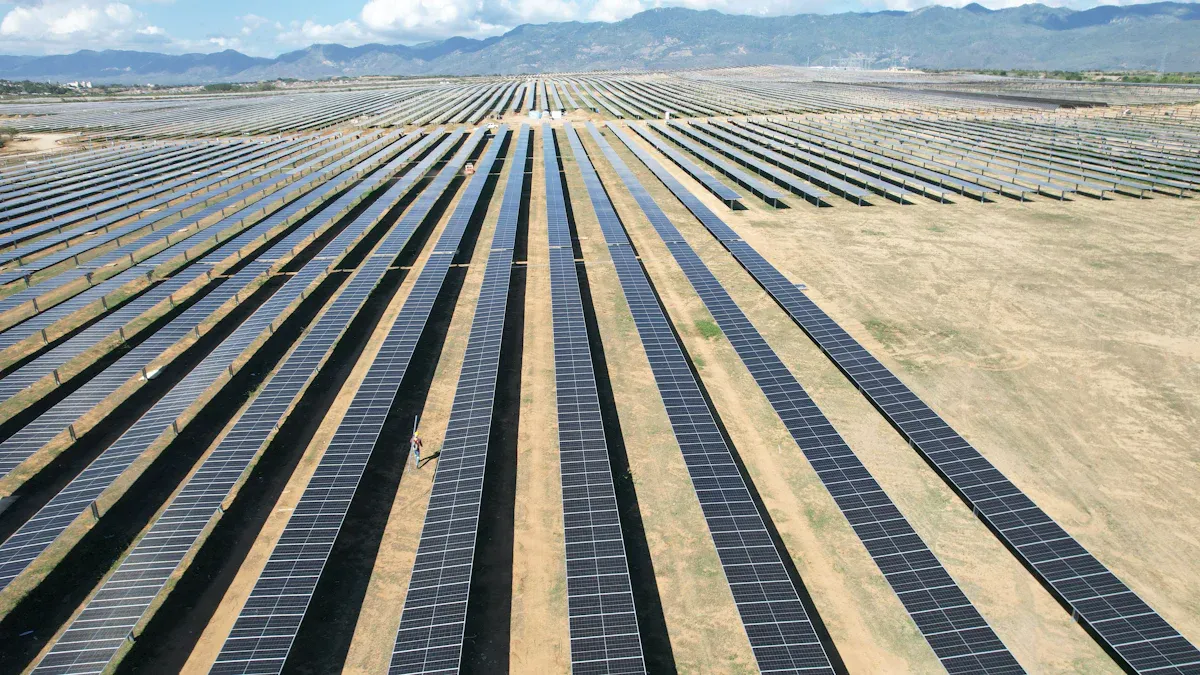
Solar security cameras can have problems in very hot or cold weather. You want your camera to work in summer and winter. There are ways to help your camera stay safe and work well.
Prevent Overheating
Hot weather can make your camera too warm. You can do some easy things to keep it cool:
- Put your camera in a shady place or under a cover. This keeps the sun off and helps it stay cooler.
- Use sunshields or covers that reflect sunlight. These help block heat and protect your camera.
- Pick cameras with light-colored cases. Light colors bounce sunlight away and keep the camera cooler.
- Clean the lens and check the seals often. Dust and water can get inside and cause trouble.
- Look at rubber and plastic parts for cracks. Heat can damage them, so check for any problems.
Tip: Cameras with good seals last longer and work better when it is hot.
Remove Snow in Winter
Snow can stop sunlight from reaching your solar panels. This means your camera gets less power. You can keep your camera working with some simple steps:
- Put your camera at a steep angle, like 45 to 60 degrees. This helps snow slide off and keeps the panels clear.
- Brush off snow after it falls. Do not let it pile up and block the sun.
- Clean off dirt and ice often. Keeping the panels clean helps your camera work all winter.
- Think about using special coatings on your panels. These help snow and ice slide off faster.
If snow builds up, your camera may not charge, so check it often.
Check Battery Health
Very hot or cold weather can hurt your battery. You need to check the battery to keep your camera working. Here is a table with easy steps:
| Maintenance Step | Description |
|---|---|
| Install cameras in shaded or ventilated areas | Keeps them out of too much heat or cold |
| Avoid placing battery packs in direct sun | Stops them from getting too hot |
| Use high-temperature rated battery packs | These work better in hot weather |
| Check for swelling or deformation | Shows if the battery is getting too hot |
| Limit charging during peak heat hours | Helps protect the battery from damage |
You should also look for swelling or leaks in the battery. Use battery warmers or covers when it is cold. Clean the battery contacts and test the battery before winter. Charge the battery all the way before it gets cold. These steps help your camera work in any season.
Update Software and Firmware
Updating your security camera is very important. It is just as important as cleaning or checking the battery. When you update software and firmware, you help stop hackers and bugs. This is a big part of cctv camera maintenance. Do not skip this step!
Enable Auto Updates
Turning on auto updates makes things easier for you. Most new cameras let you do this in the app or on the device. With auto updates, your camera gets new features and fixes by itself. You do not have to remember to update it. This is a smart way to do cctv camera maintenance.
- Auto updates protect your camera from new dangers.
- You get new features and better performance fast.
- You do not have to worry about missing updates.
Tip: If your camera has auto updates, turn them on. This helps you avoid problems and keeps cctv camera maintenance easy.
Install Security Patches
Sometimes, you need to add security patches yourself. These patches fix problems that hackers could use. If you skip these, your camera might not be safe. Good cctv camera maintenance means checking for new patches every month.
- Firmware updates help stop cybersecurity threats.
- Fast updates keep your camera safe from attacks.
- Old software can let people break in or steal data.
- Keeping firmware updated is important for safety.
- Updates stop problems and help your camera work better.
Set a reminder to check for updates if your camera does not do it by itself. This keeps your camera working well and makes cctv camera maintenance simple.
Remember: Updating your camera is one of the best ways to keep your home safe all year.
Regular Inspection and Maintenance Schedule
It is easy to keep your solar security camera working well. You just need to check it often and take care of it. Doing this helps your camera last longer and work better. You can find small problems before they get worse. This way, your camera keeps your home safe in every season.
Set Monthly Reminders
You do not have to remember everything yourself. Set a reminder on your phone or calendar each month. This helps you check your camera often. Here are some things to do every month:
- Make sure the camera lens is clean.
- Check if cables and connections are tight.
- Update the firmware or app if needed.
- Look for damage or wear on the camera.
Experts say you should check your security monitoring cameras once a month. If your camera works all the time, check it after every fourth reset. When the seasons change, look at your camera more closely. In winter, clean off snow and change the solar panel angle for more sunlight.
Tip: Checking and fixing your camera often helps you find problems early. This keeps your camera working all year.
Document Activities
Write down what you do each time you check your camera. You can use a notebook or a simple spreadsheet. Keeping track helps you see patterns and know when bigger fixes are needed. Here is a table to help you plan your checks:
| Timeframe | Maintenance Task | Benefit |
|---|---|---|
| Monthly | Remote diagnostics check | Find problems early |
| Quarterly | Physical inspection & cleaning | Stop damage from weather |
| Semi-Annual | Deep cleaning & firmware updates | Keep camera working well |
| Annual | Professional assessment | Find parts that may break soon |
Winter and other seasons can change how your camera works. Cleaning off snow and dirt helps your camera get sunlight. Changing the panel angle in winter helps it charge better. Writing down these tasks helps you stick to your schedule and keeps your camera strong.
You can keep your solar security camera safe from bad weather. Just follow a few simple steps. Pick a weather-resistant solar powered security camera. Put it in a safe place. Clean the solar panels often. Check the cables to make sure they are okay. Update the software when needed. These steps help your solar camera work all year. Experts say regular care and smart choices help your camera last. If you follow these tips, your solar security camera will work well in every season.
FAQ
How do I know if my solar security camera is weatherproof?
You can check the IP rating on your camera’s box or manual. Look for IP65 or higher. This rating means your camera can handle rain, dust, and outdoor conditions.
Can solar wireless security cameras work during cloudy days?
Yes, these cameras still work on cloudy days. The solar panels collect energy even when the sun hides behind clouds. You may get less power, but your camera will keep running.
What should I do if my camera stops charging in winter?
First, clear snow or ice from the solar panel. Make sure nothing blocks the sunlight. If your camera still does not charge, check the battery and connections for damage.
How often should I clean my high-quality off-grid surveillance cameras?
You should clean the lens and solar panel at least once a month. If you live in a dusty or rainy area, clean them more often. This helps your camera capture clear video and charge well.
Do I need Wi-Fi for my solar security camera to work?
Most cameras need Wi-Fi to send video to your phone. Some models can record to a memory card without Wi-Fi. Check your camera’s manual to see what it needs.


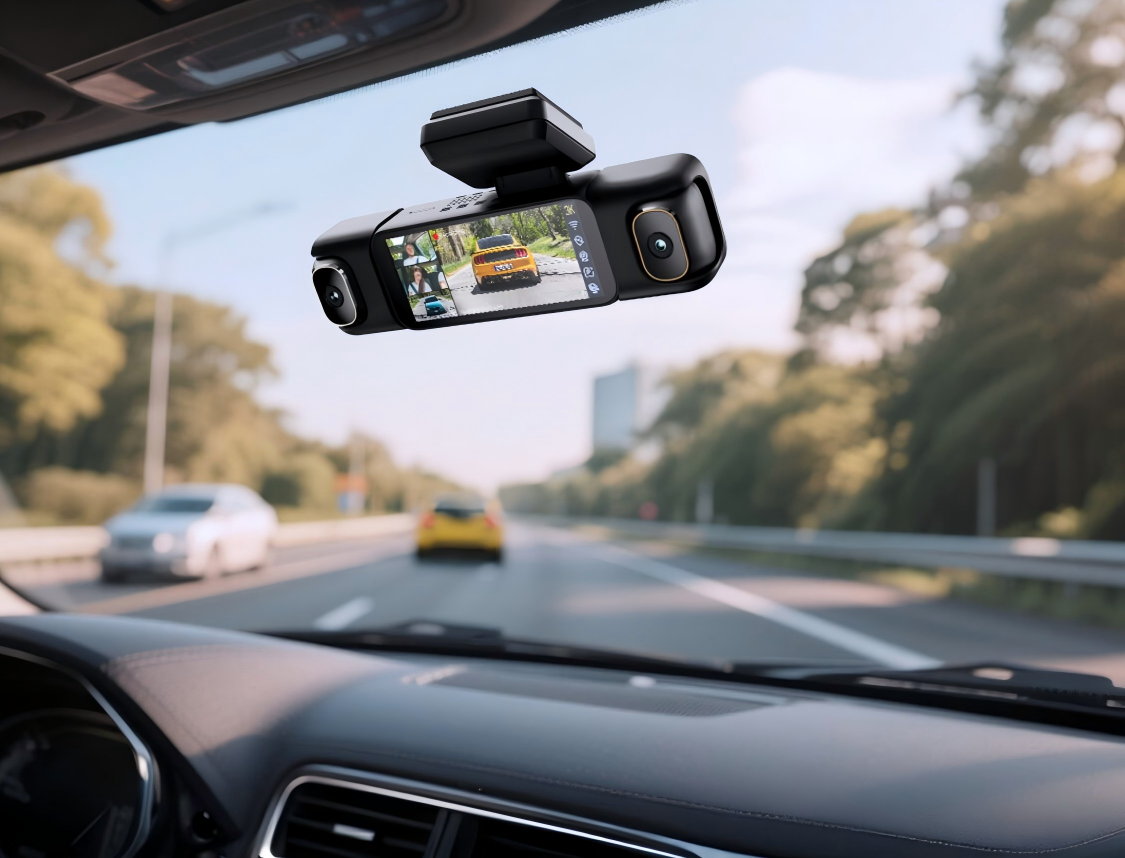

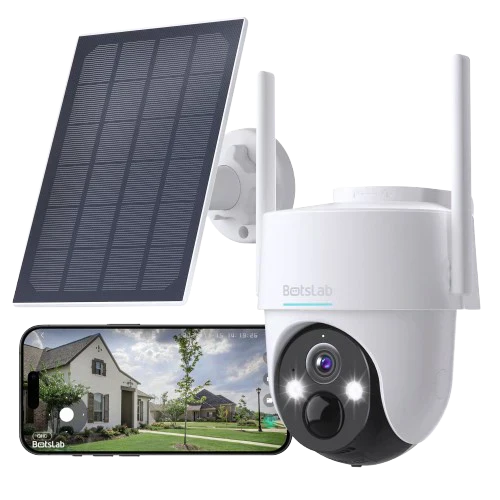
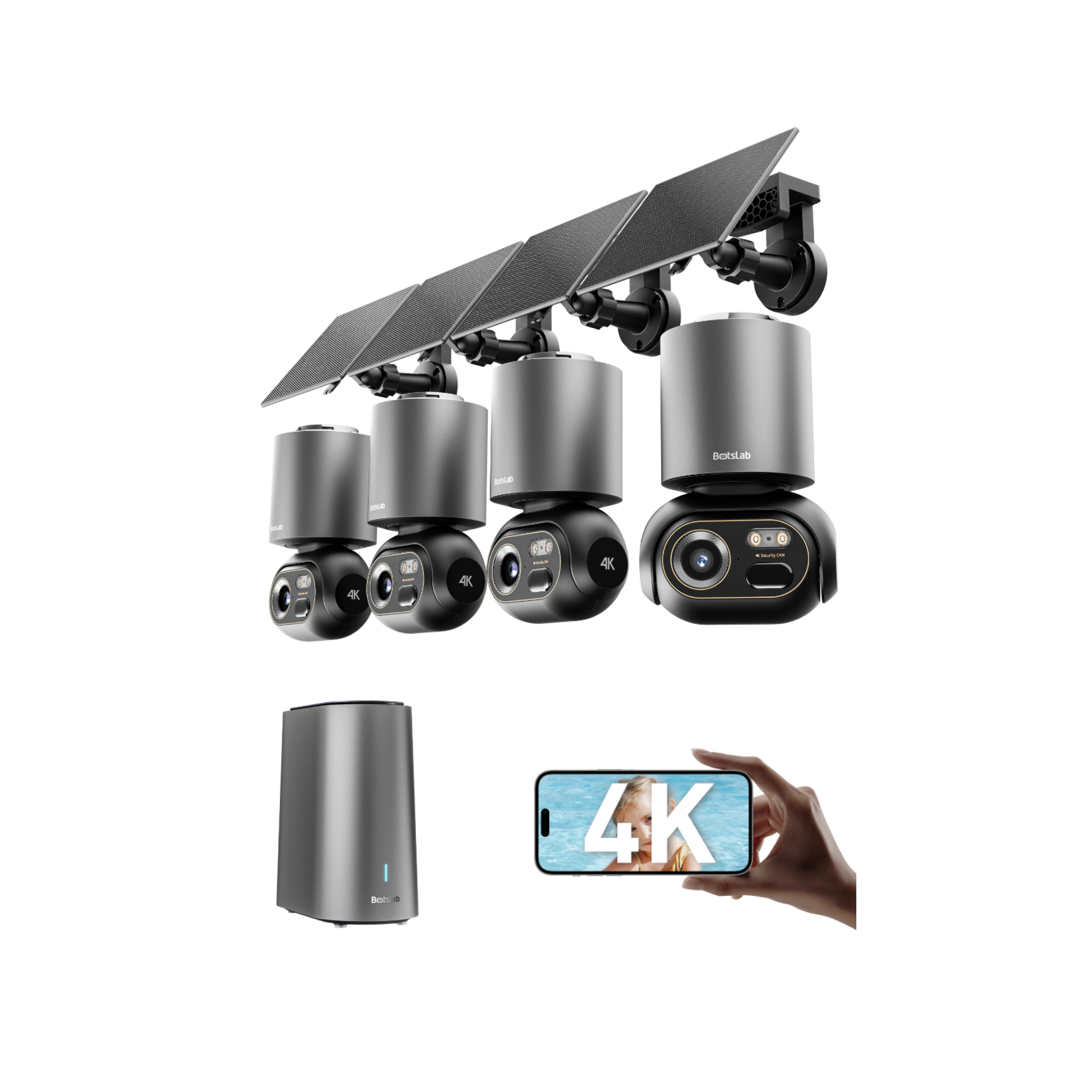
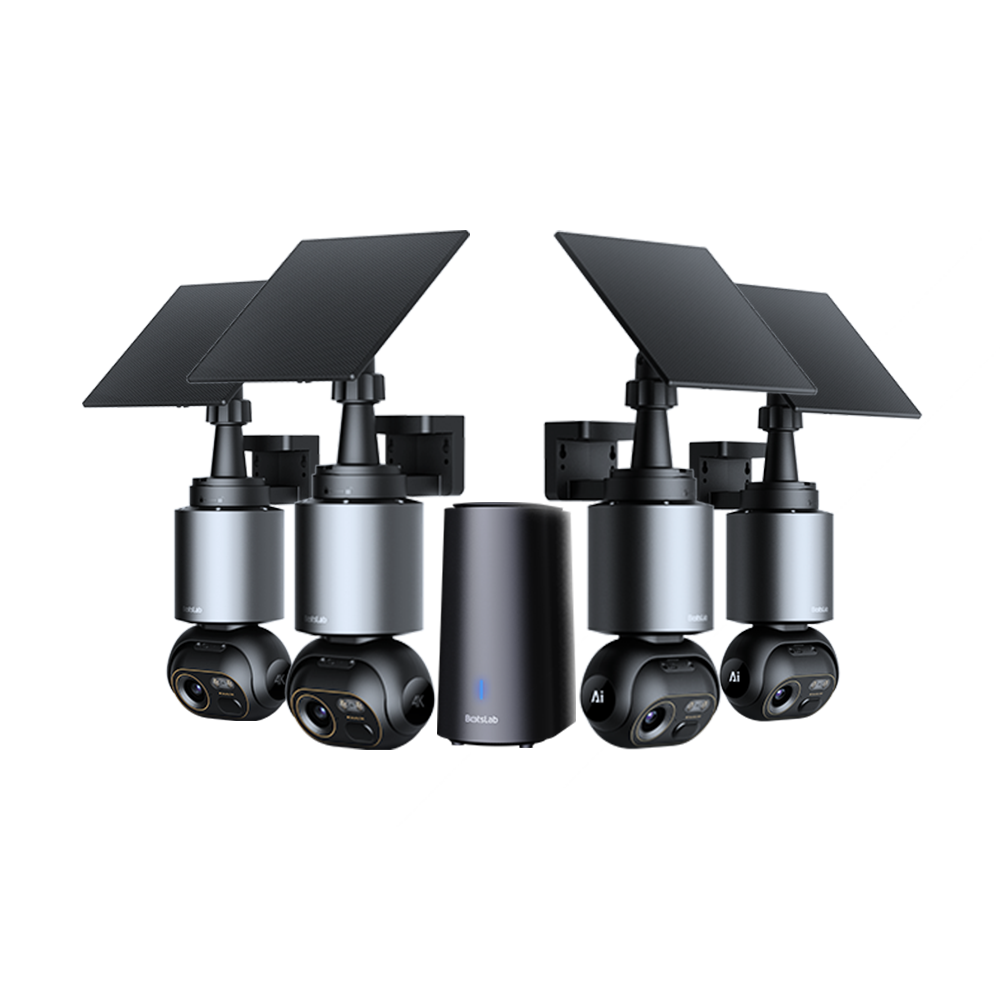
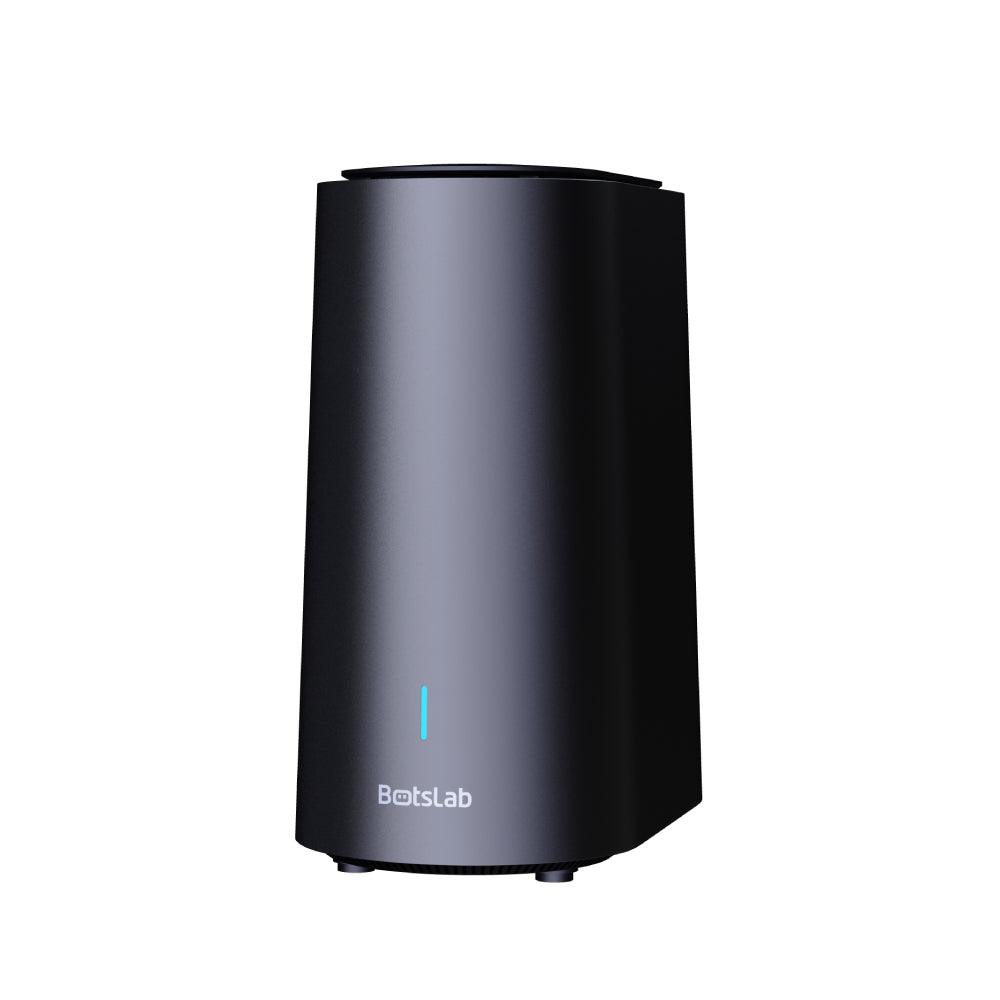
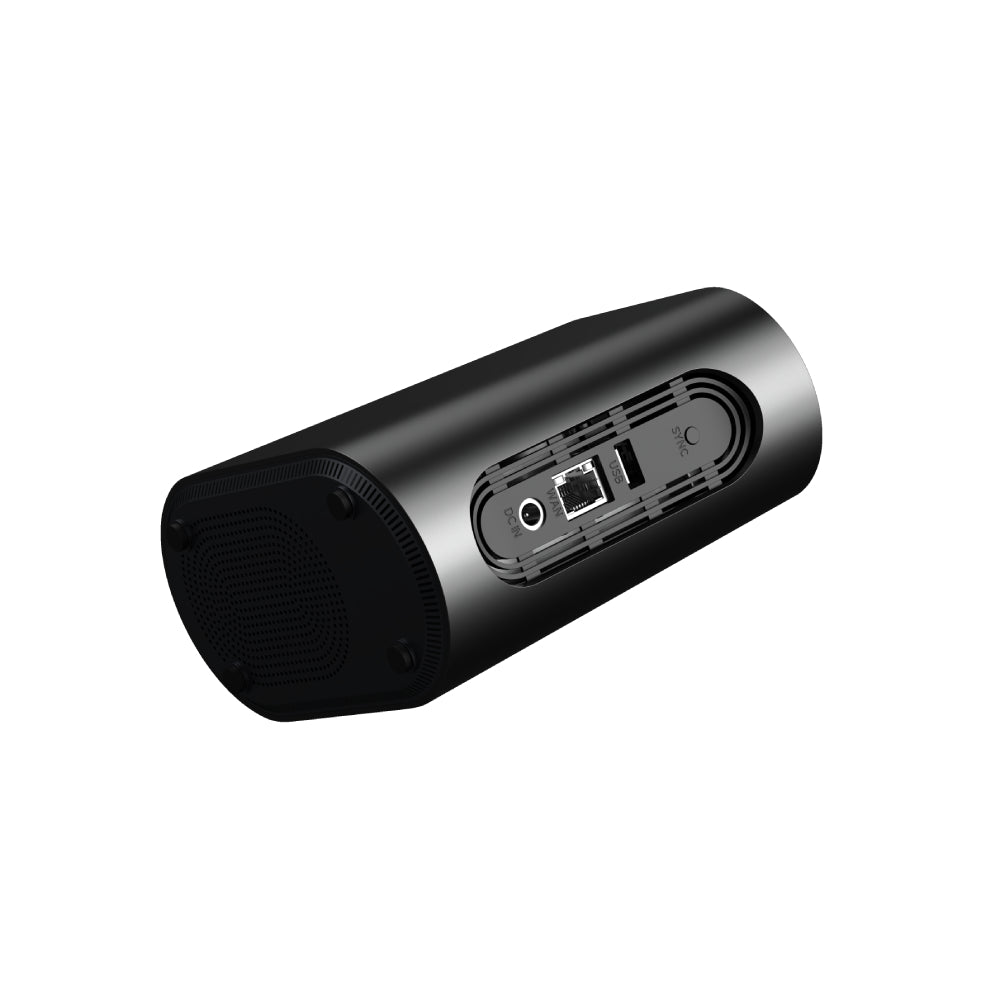
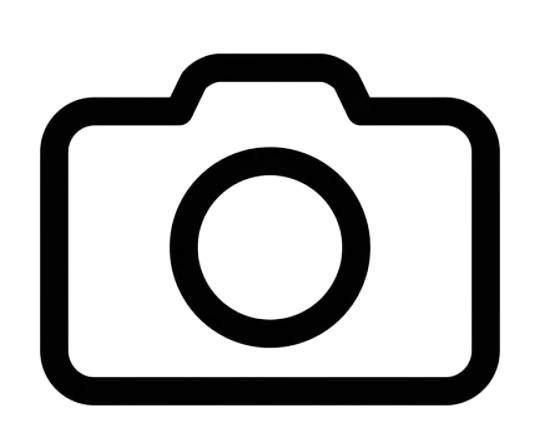
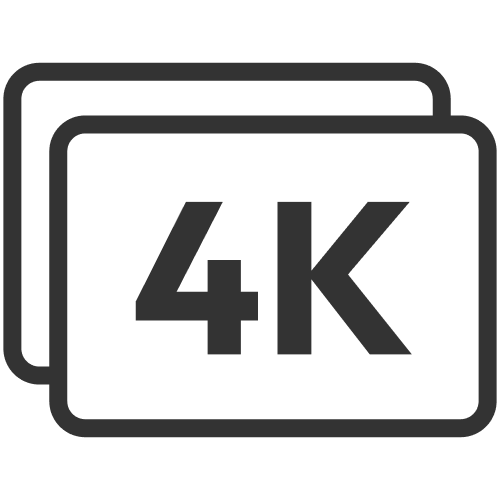


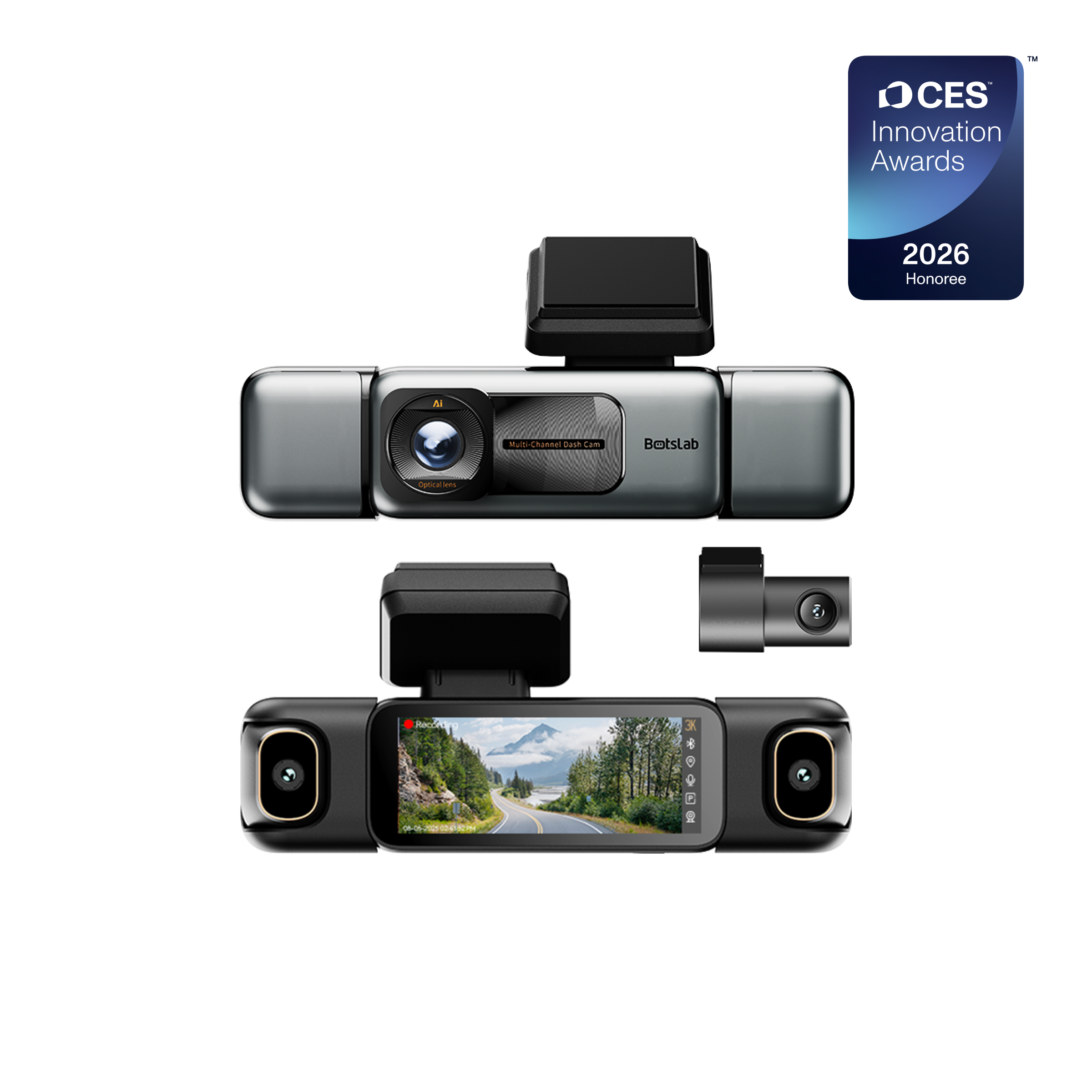

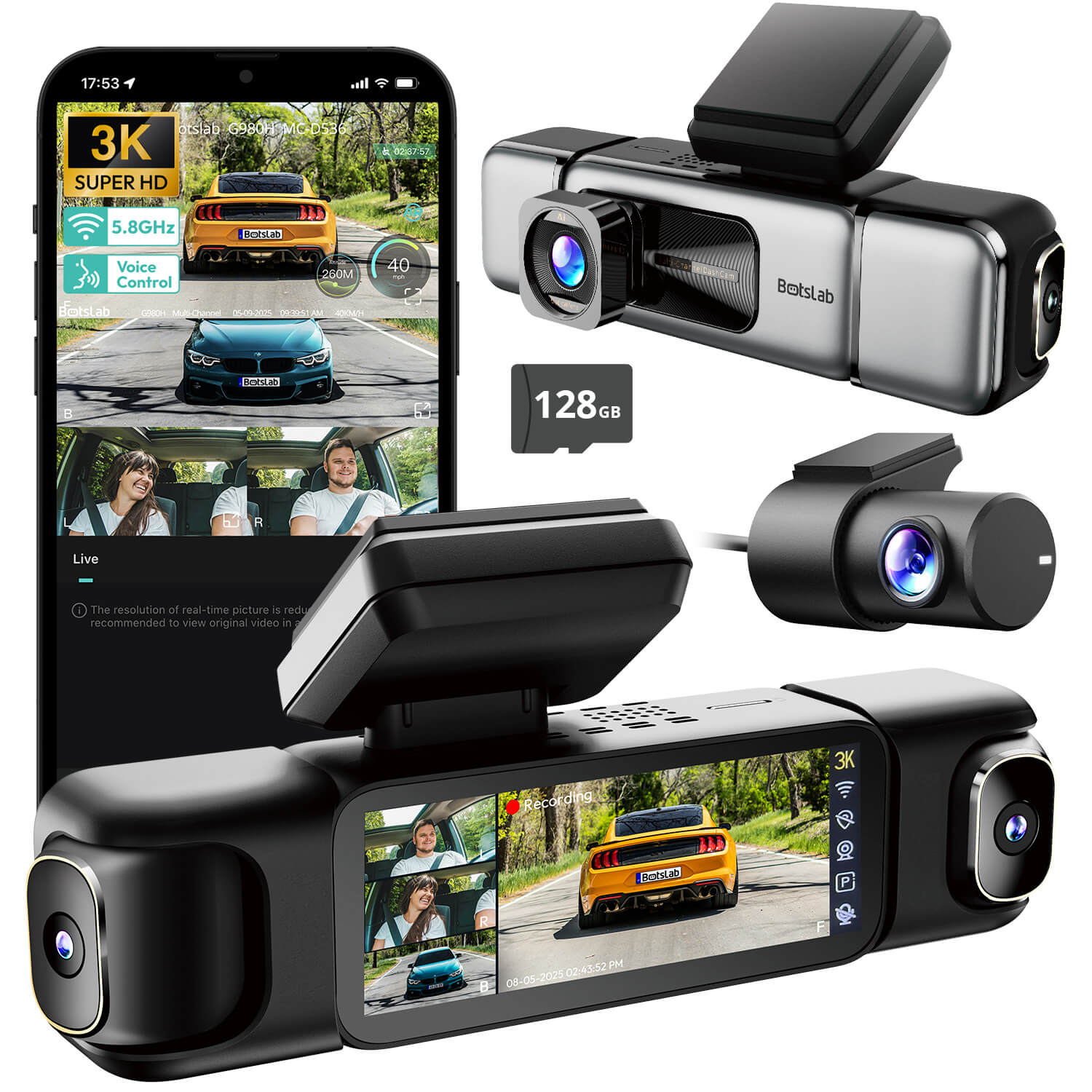
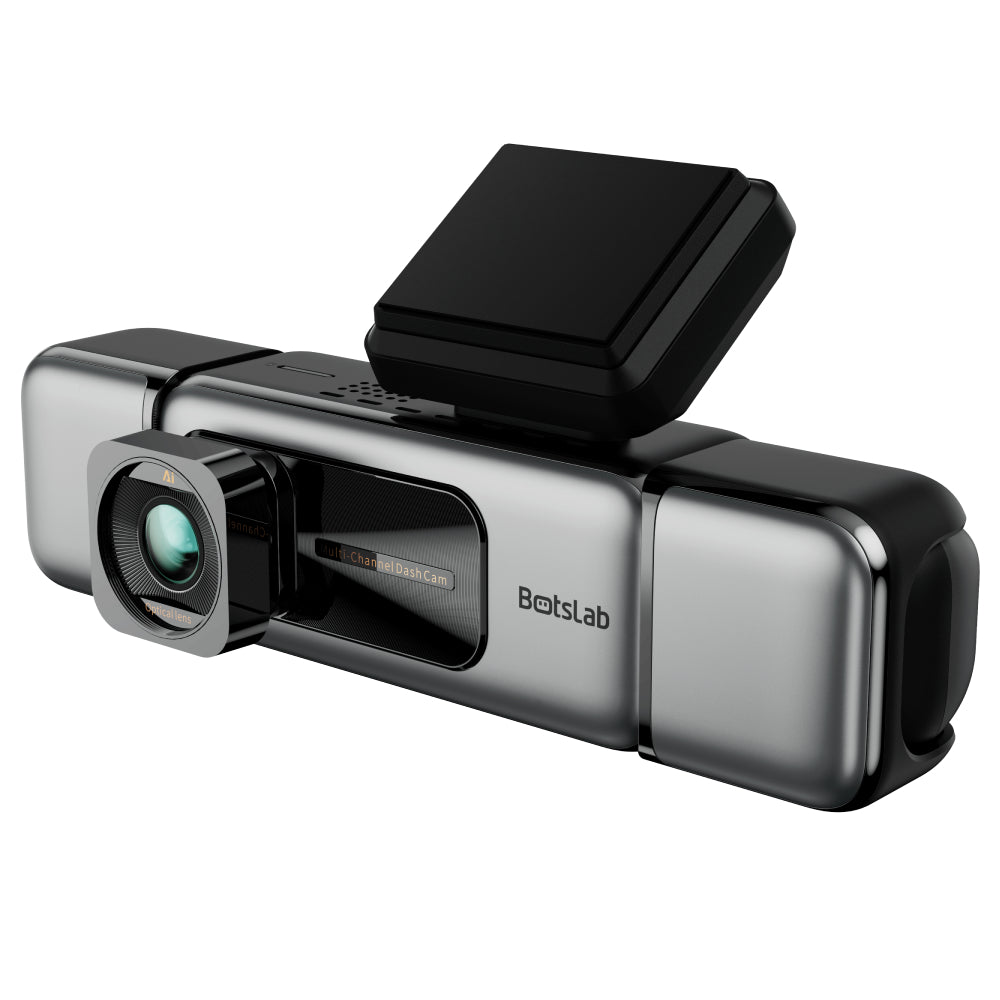

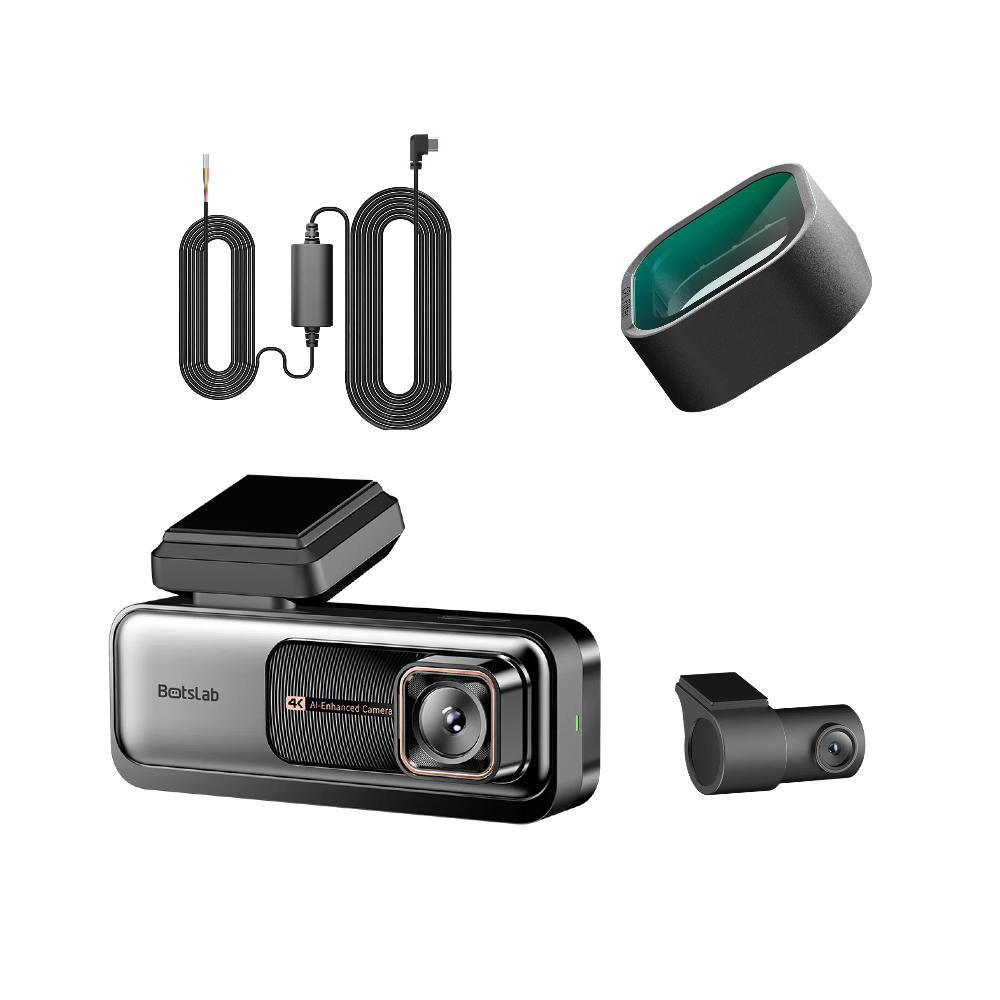
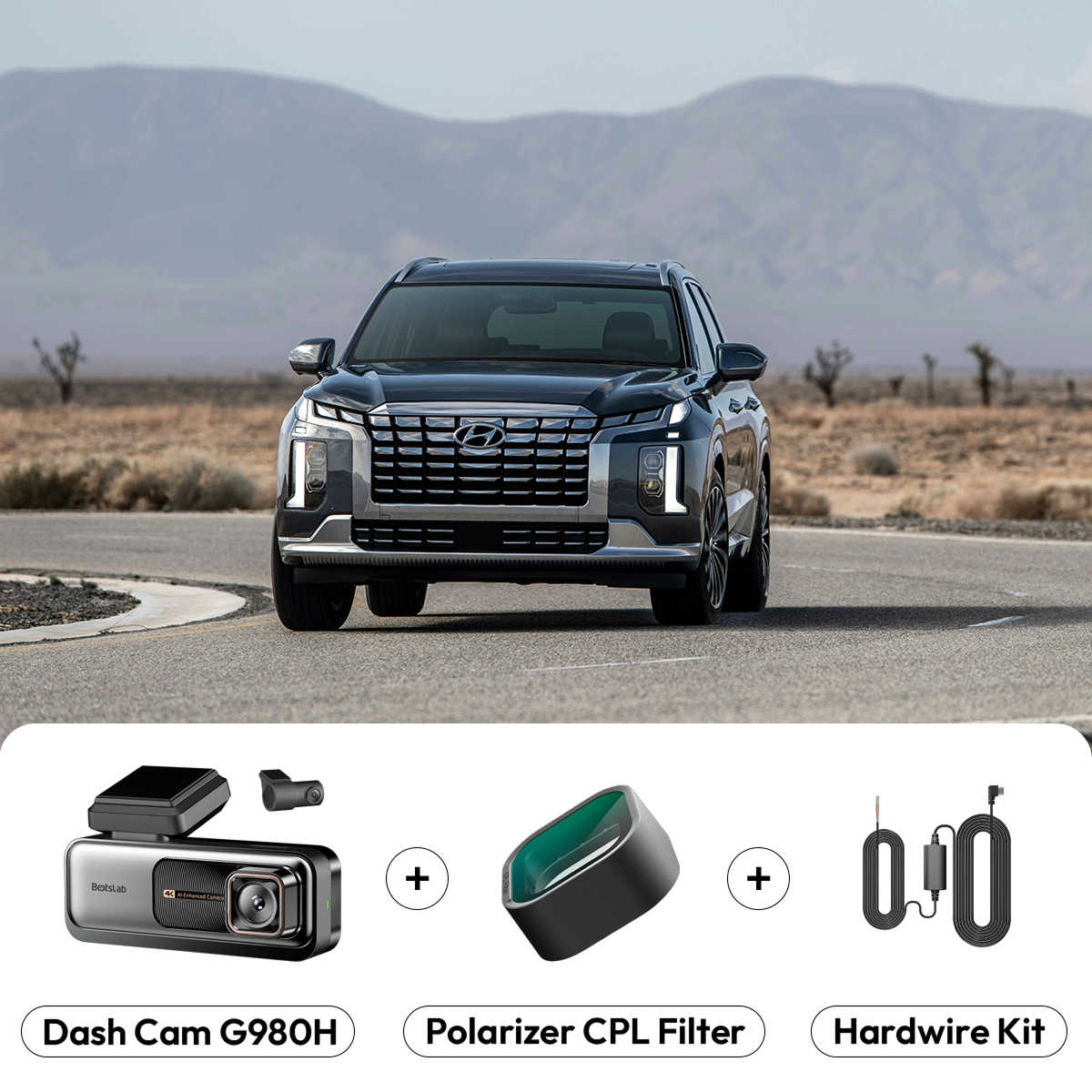
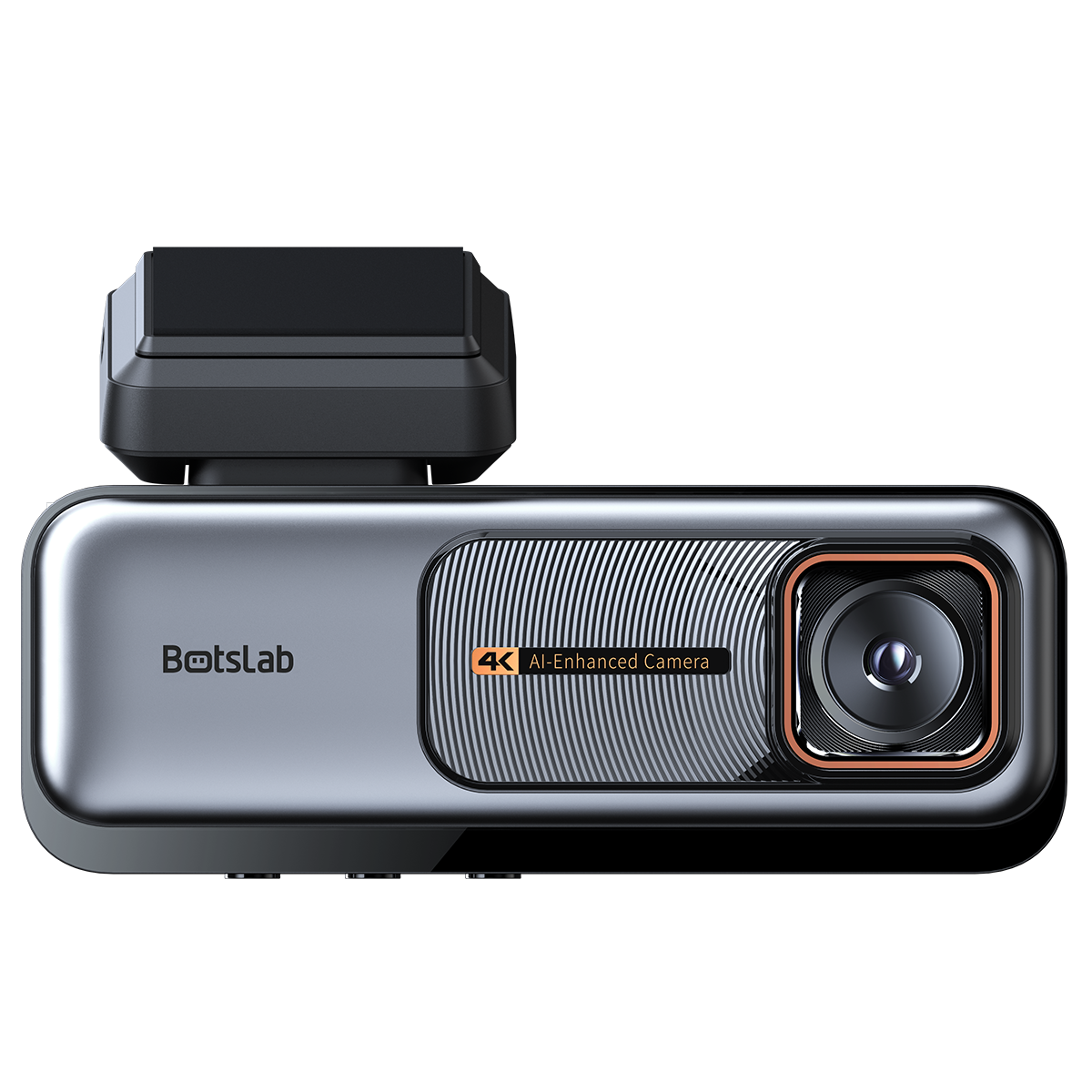
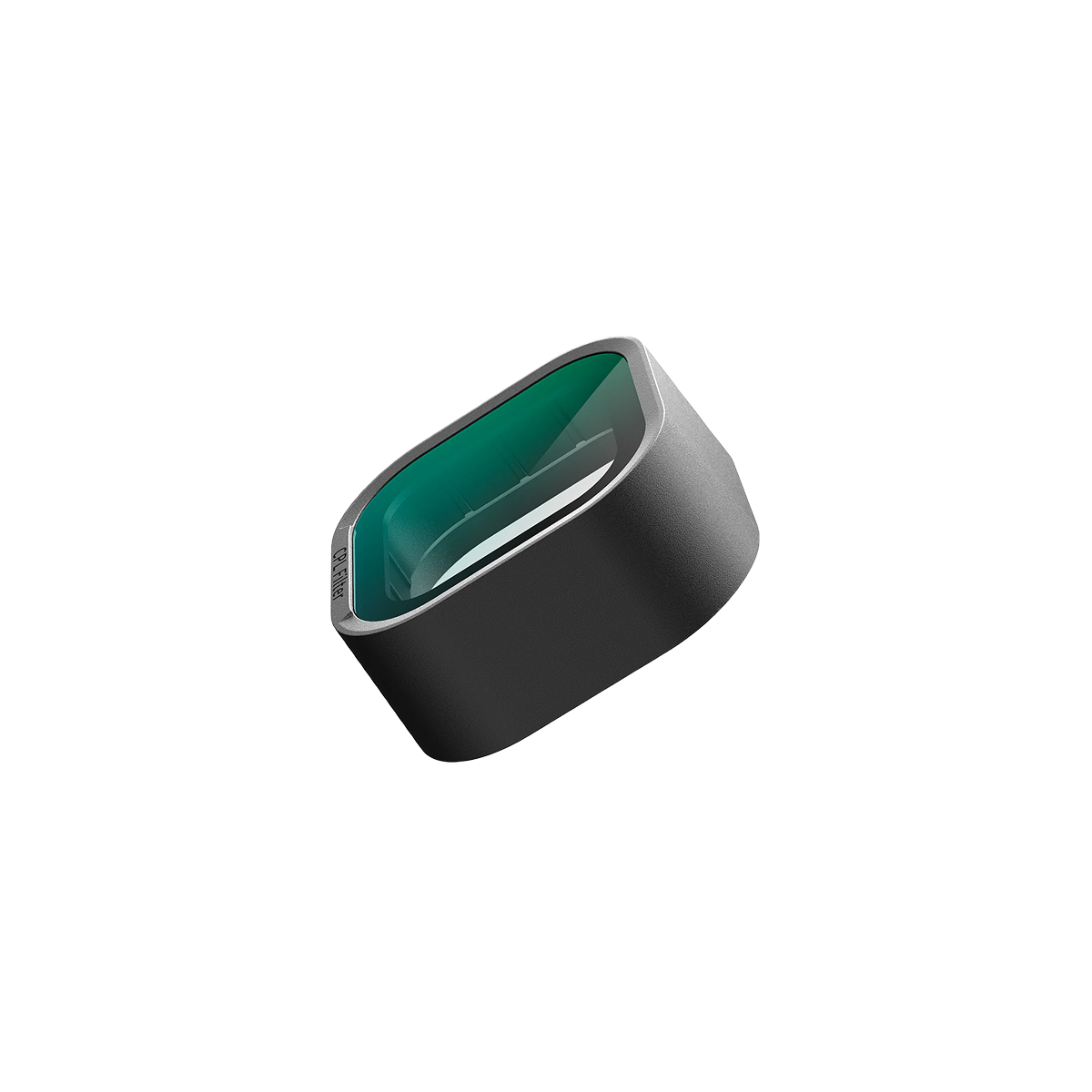
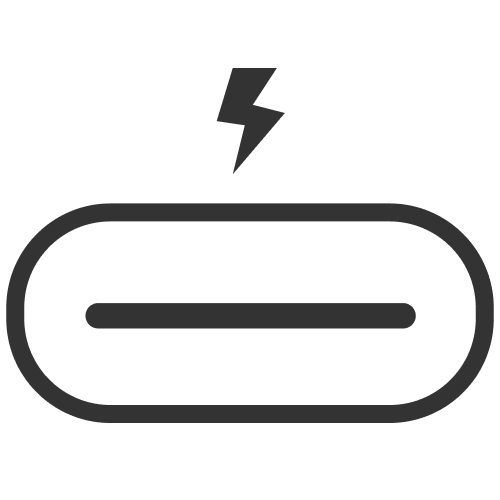
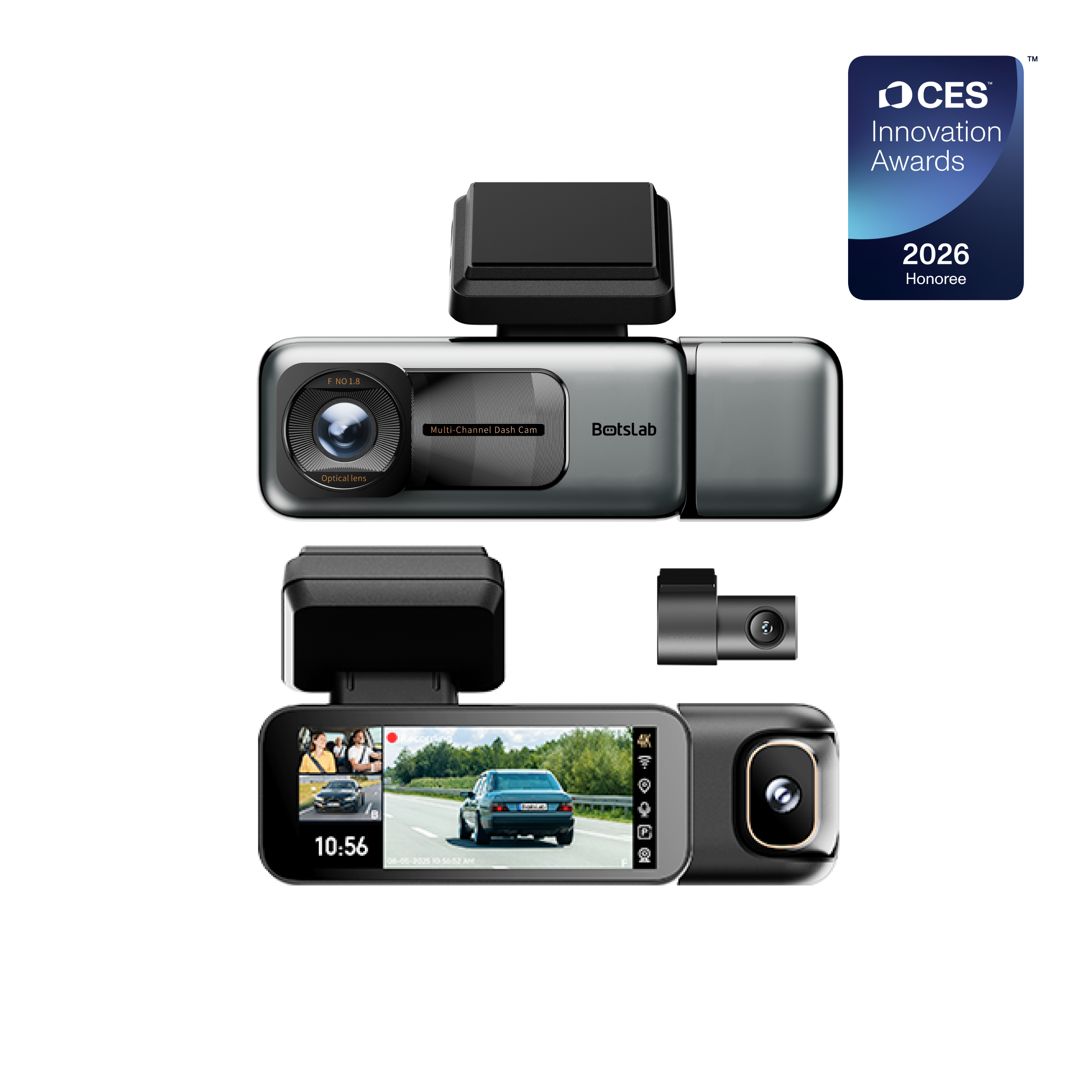
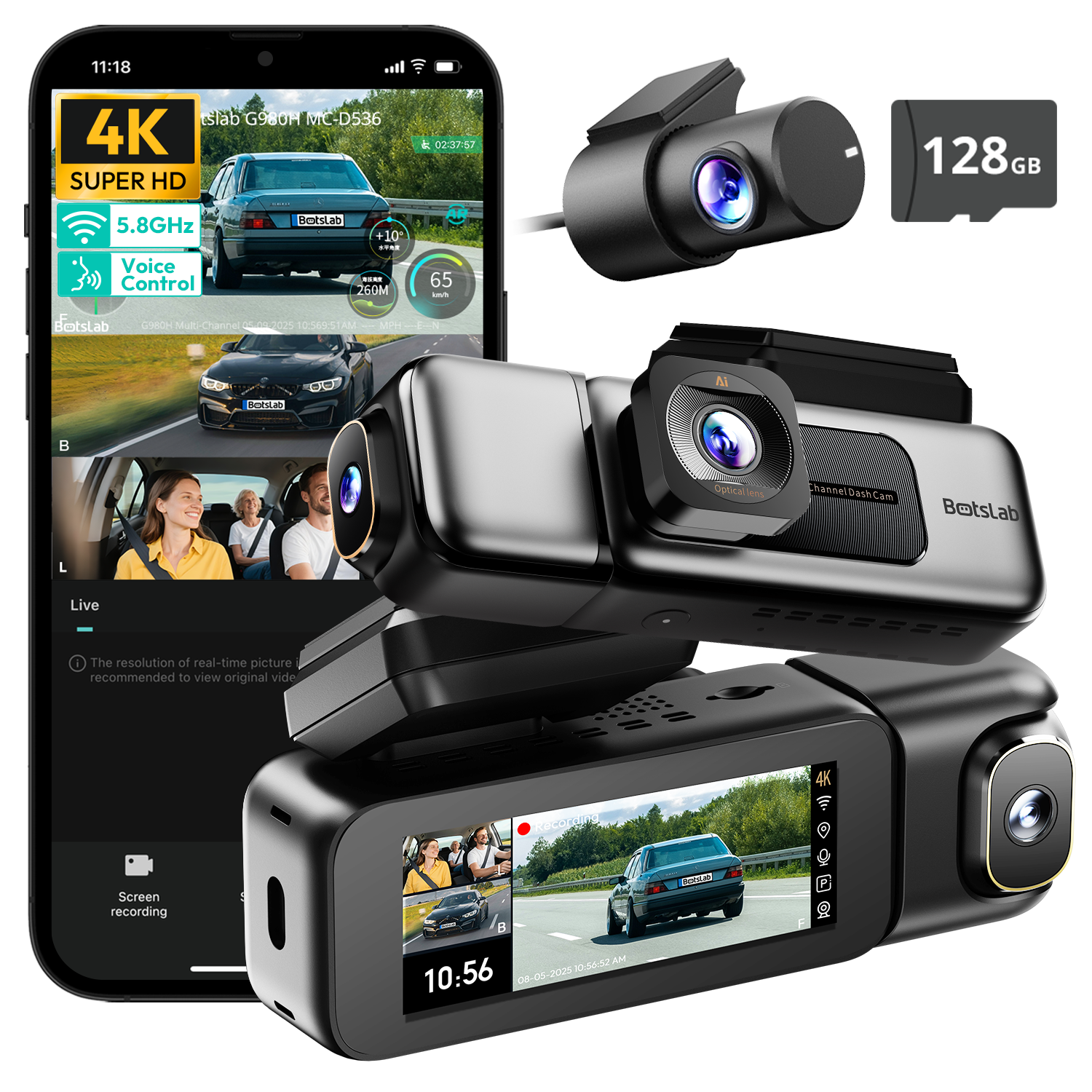
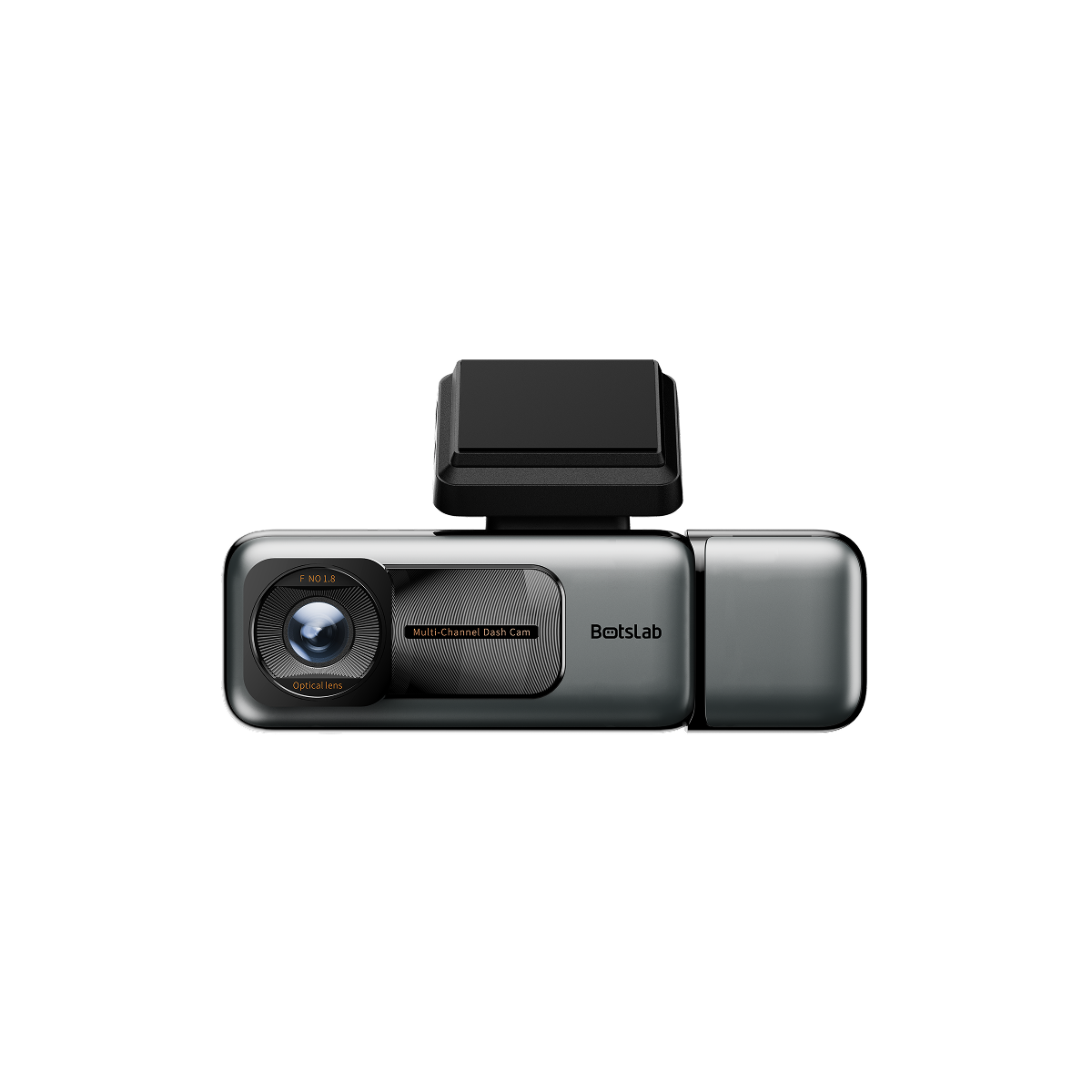
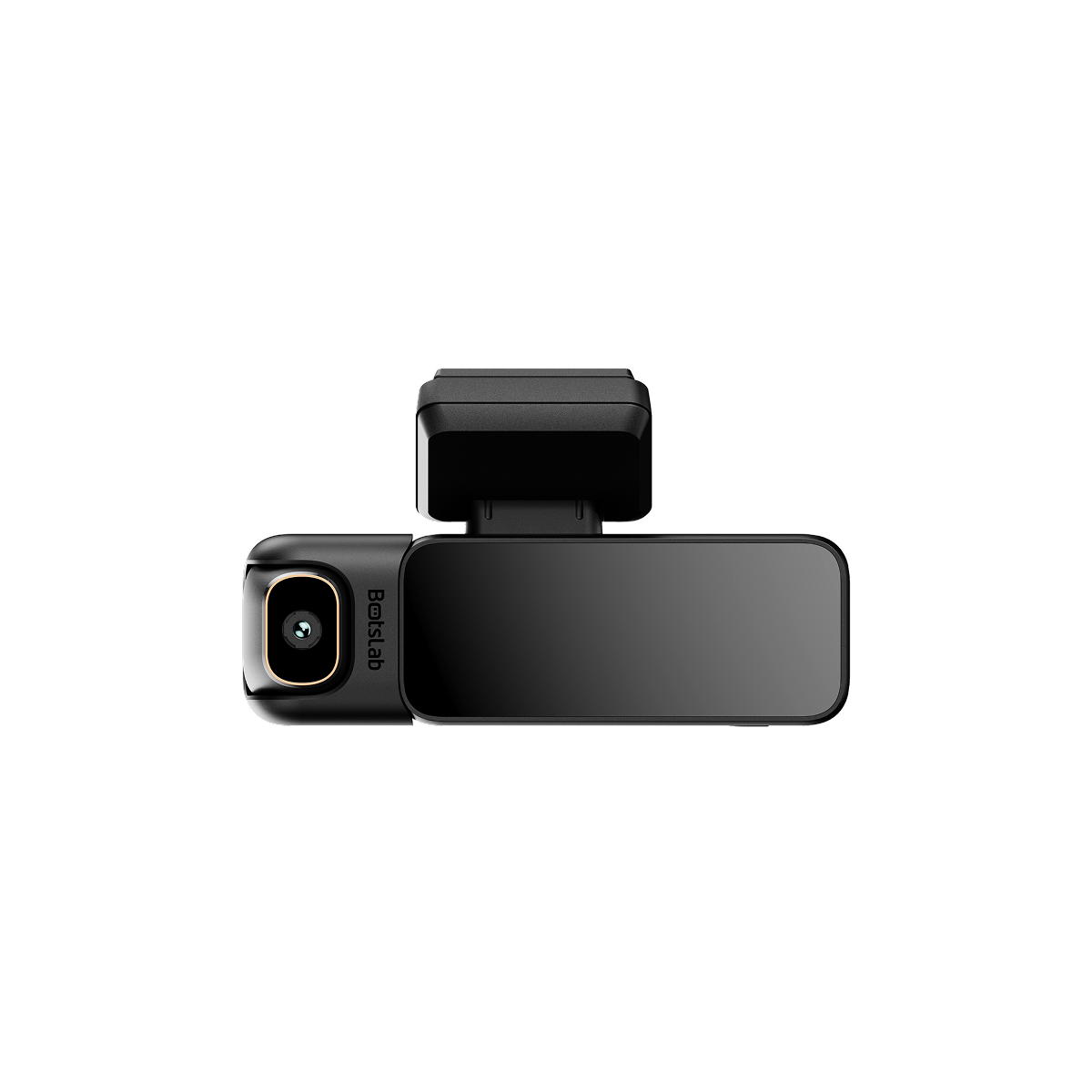
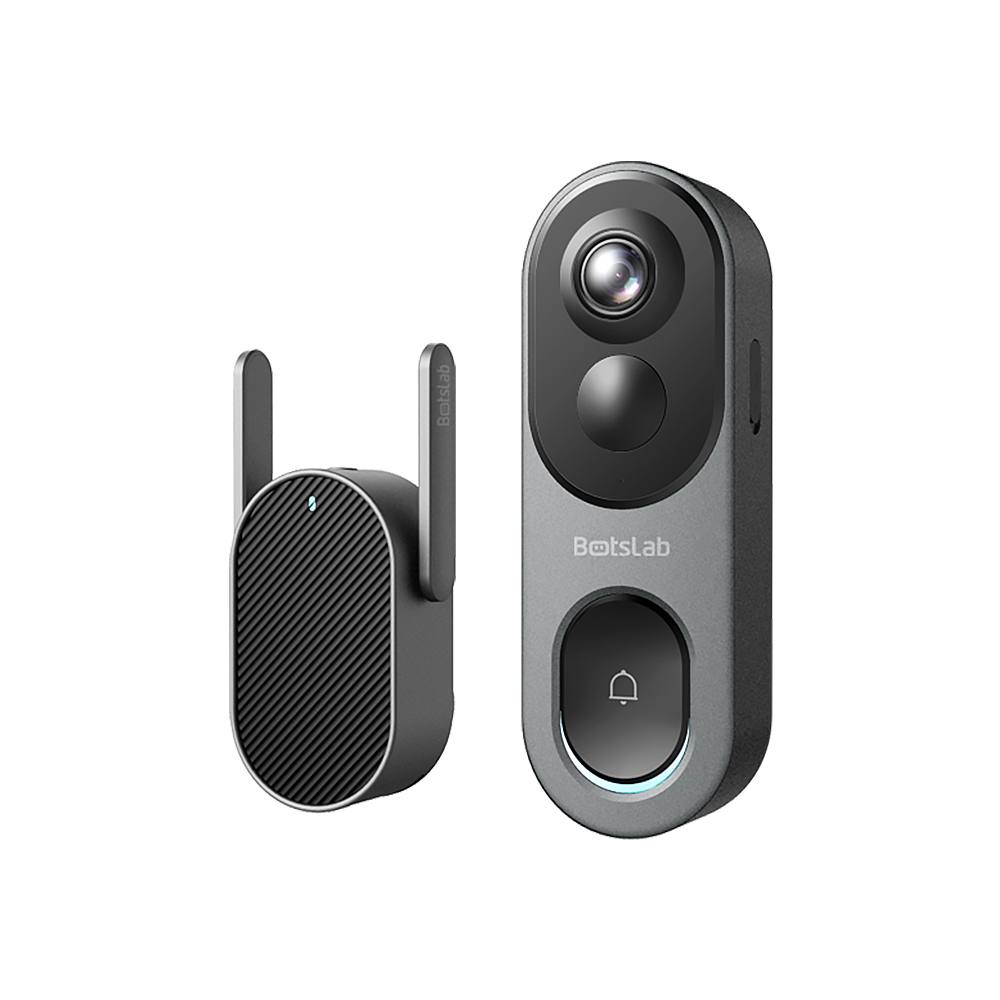


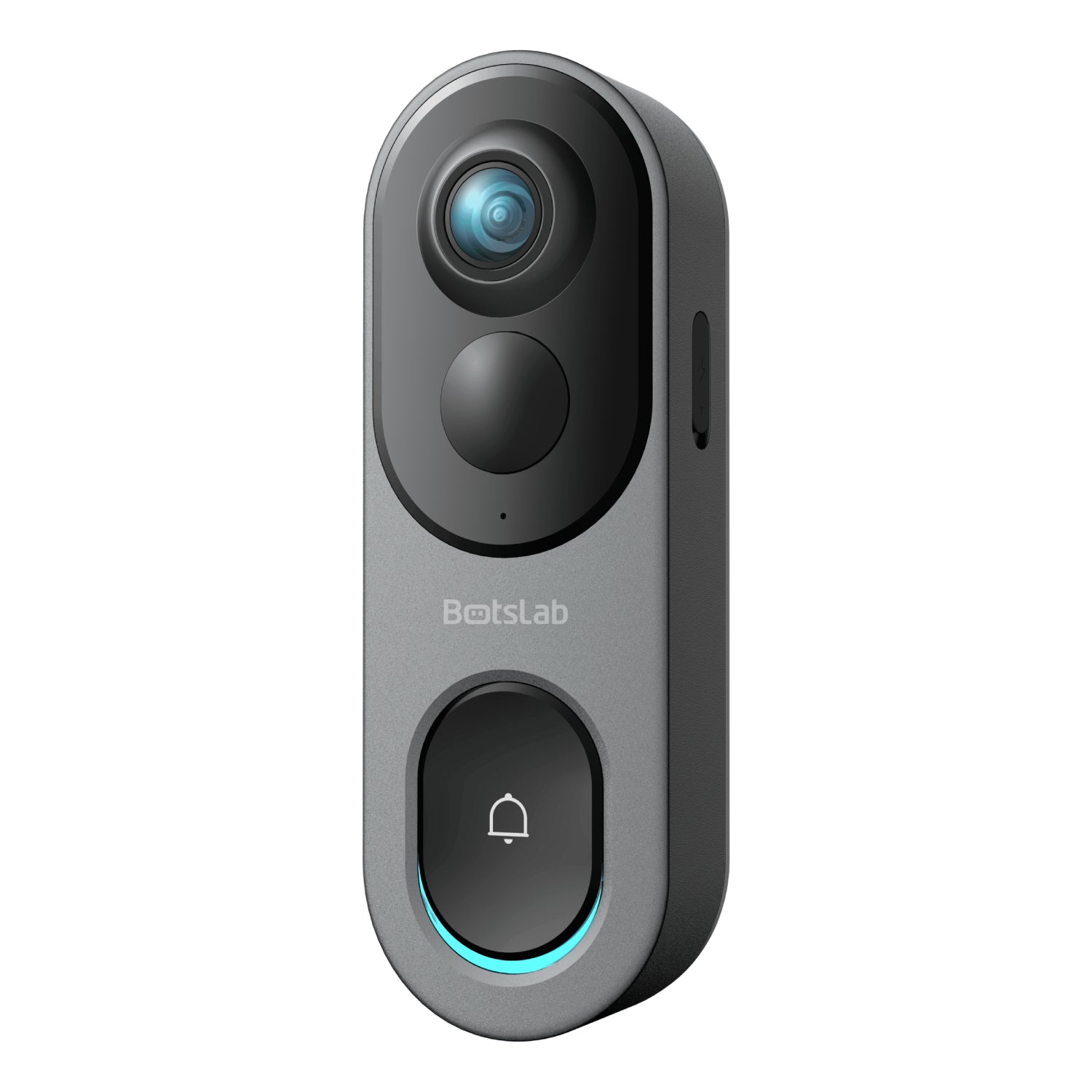
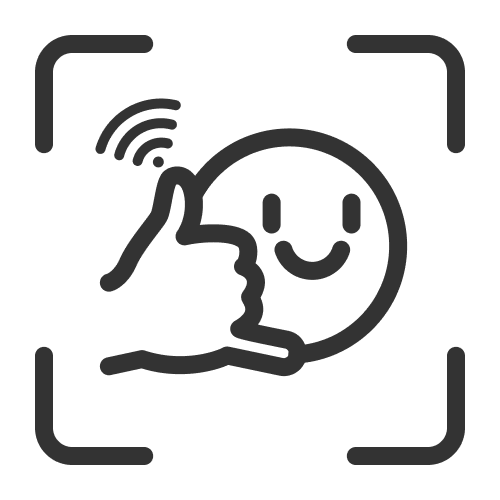

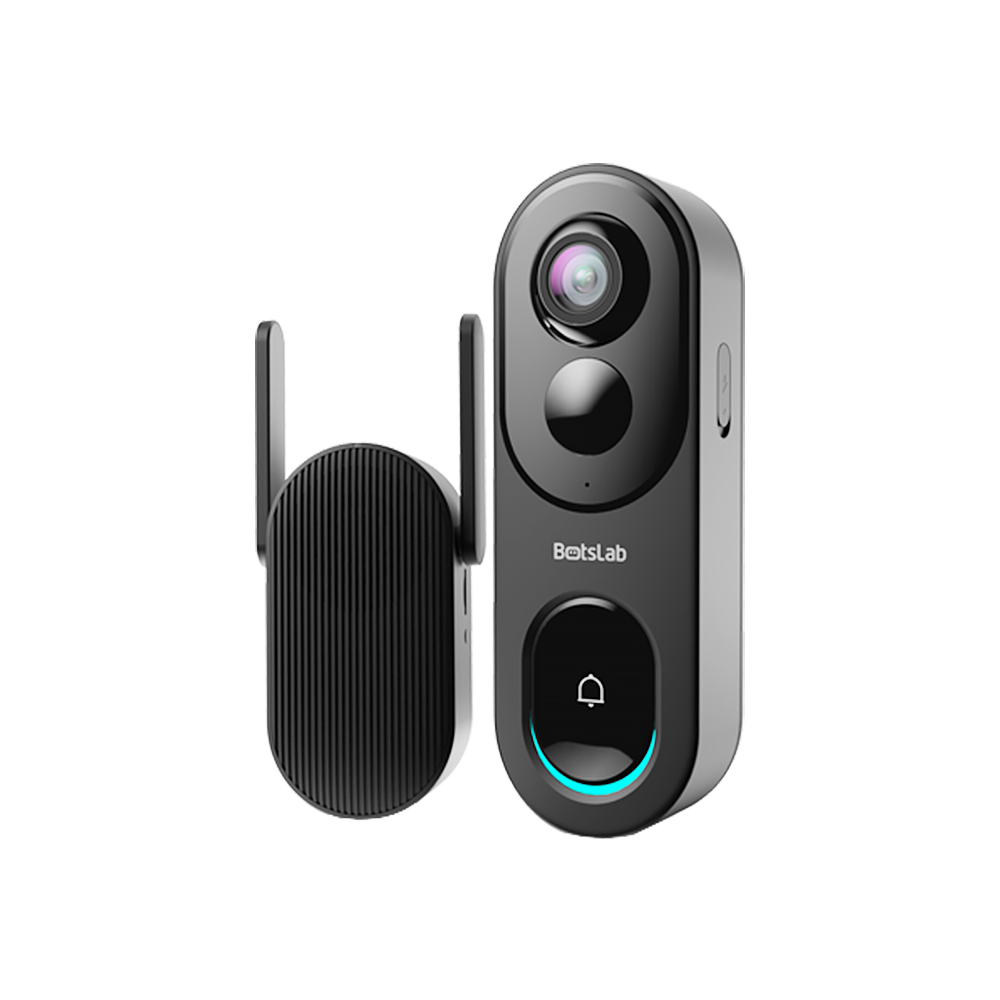
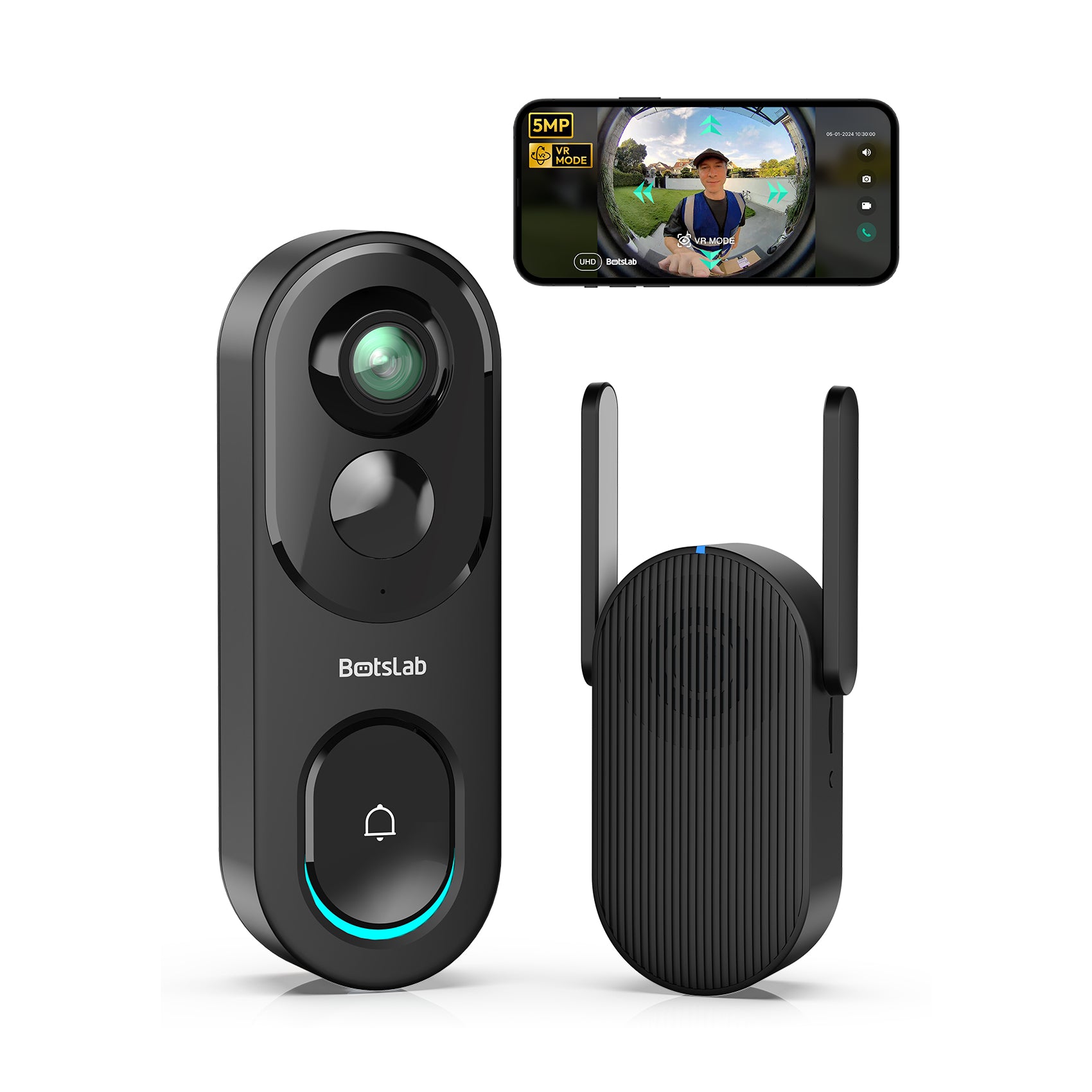
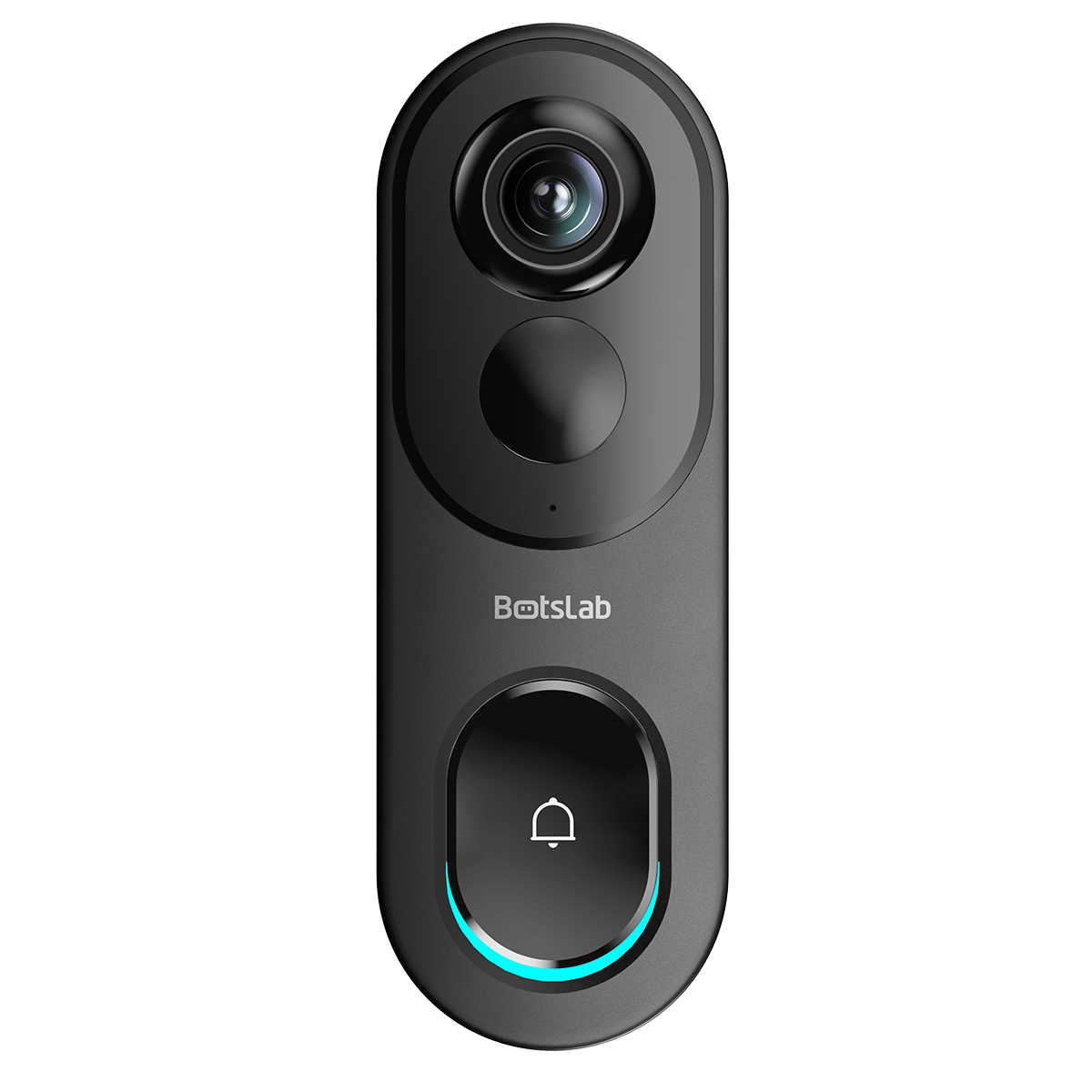
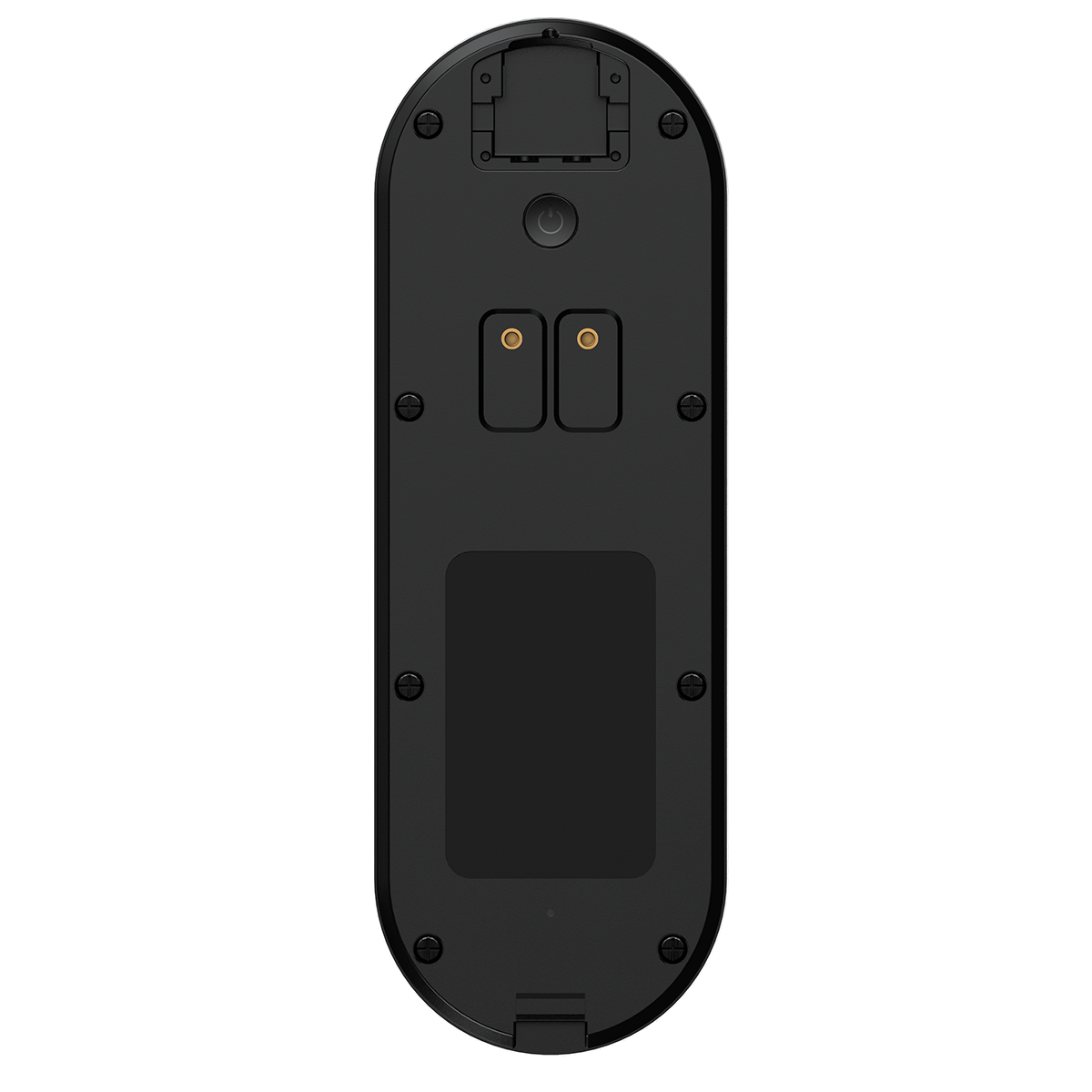
Share:
Night Owl 4K Plug-in Wireless Indoor Outdoor Spotlight Camera Review for 2025
Do Dash Cams Record Sound Inside Your Car